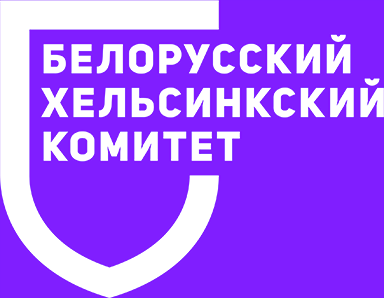Observation of the elections to the House of Representatives of the National Assembly of Belarus is carried out by the Belarusian Helsinki Committee and the Human Rights Center “Viasna” in the framework of the campaign “Human Rights Defenders for Free Elections”.
SUMMARY
- the official turnout for early voting is reported at 35.77%, which is the record high for the parliamentary elections since 2008;
- observation of early voting was conducted by 160 observers of the campaign “Human Rights Defenders for Free Elections” at more than 94 polling stations throughout the country;
- as before, participation in early voting was encouraged by the authorities. Administrations of government-owned enterprises and institutions, as well as universities strongly advised voters to participate in early voting, maintained records of early voters and reported on the progress of early voting to local executive authorities;
- in some cases, the organization of participation of voters in early voting was characterized by coercion, under threats of reprisals for refusing to vote early. 30% of the observers reported facts of coercion in forcing the voters to come to the polls (as compared to 18% in 2016);
- the 32 PECs covered by the continuous monitoring of the campaign “Human Rights Defenders for Free Elections” revealed excessive official turnouts as compared to the observers’ calculations;
- for some PECs, the early voting turnout figures were two, three, five, and even eleven times greater than those reported by the observers;
- all the campaign’s observers were allowed to observe early voting, but some of them were faced with obstacles in the implementation of observation, most notably prohibition to take photographs or record videos, including bans on documenting the official PEC protocols on the daily results of early voting, the imposition of unjustified warnings by the PECs, etc. There were facts of observers from the opposition political parties being deprived of accreditation and expelled from the polling stations;
- the practice of early voting remains one of the systemic problems of the electoral process and creates opportunities for the use of administrative resources and other manipulations. In this connection, the OSCE ODIHR recommendations regarding changes to early voting procedures remain relevant.
